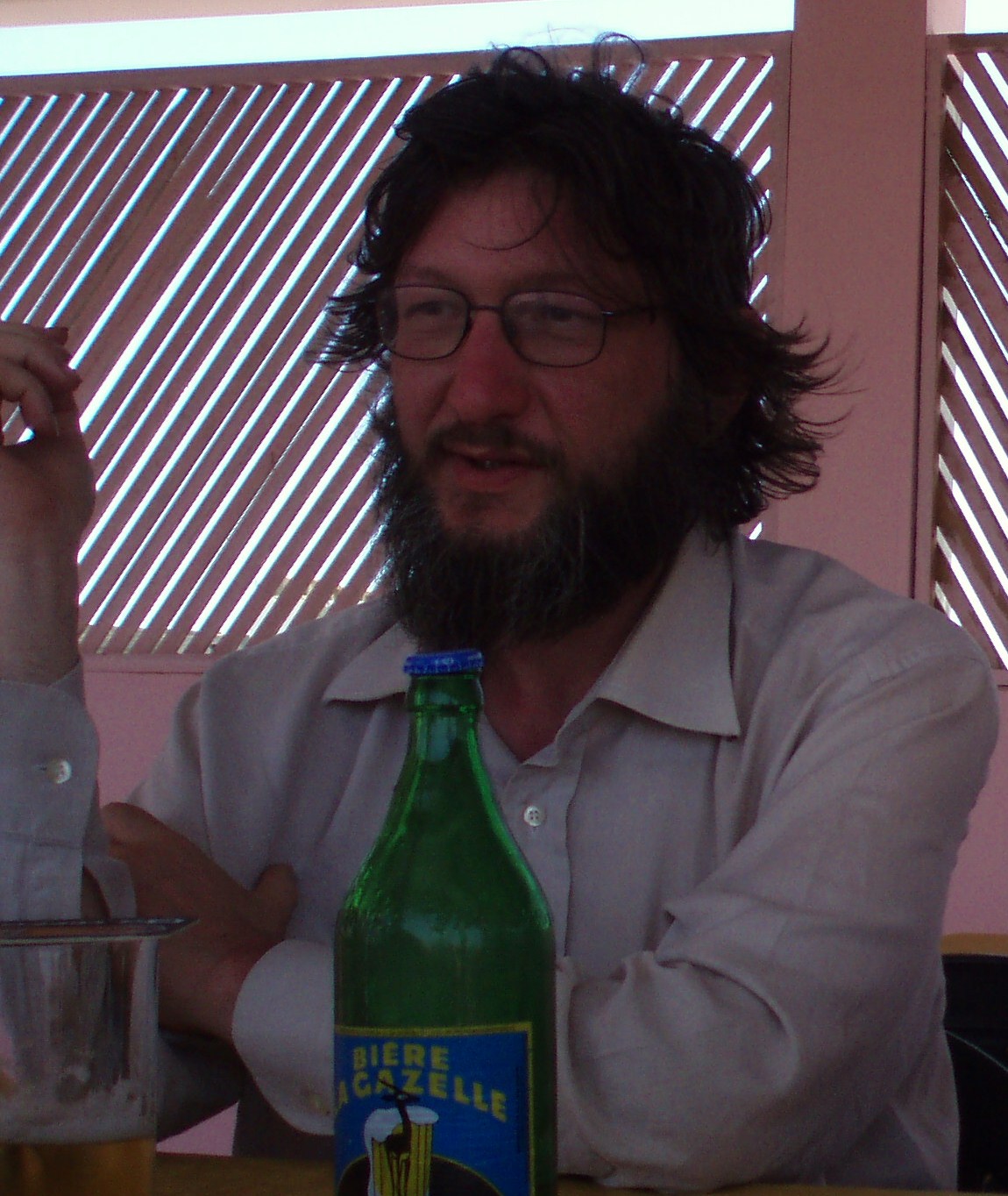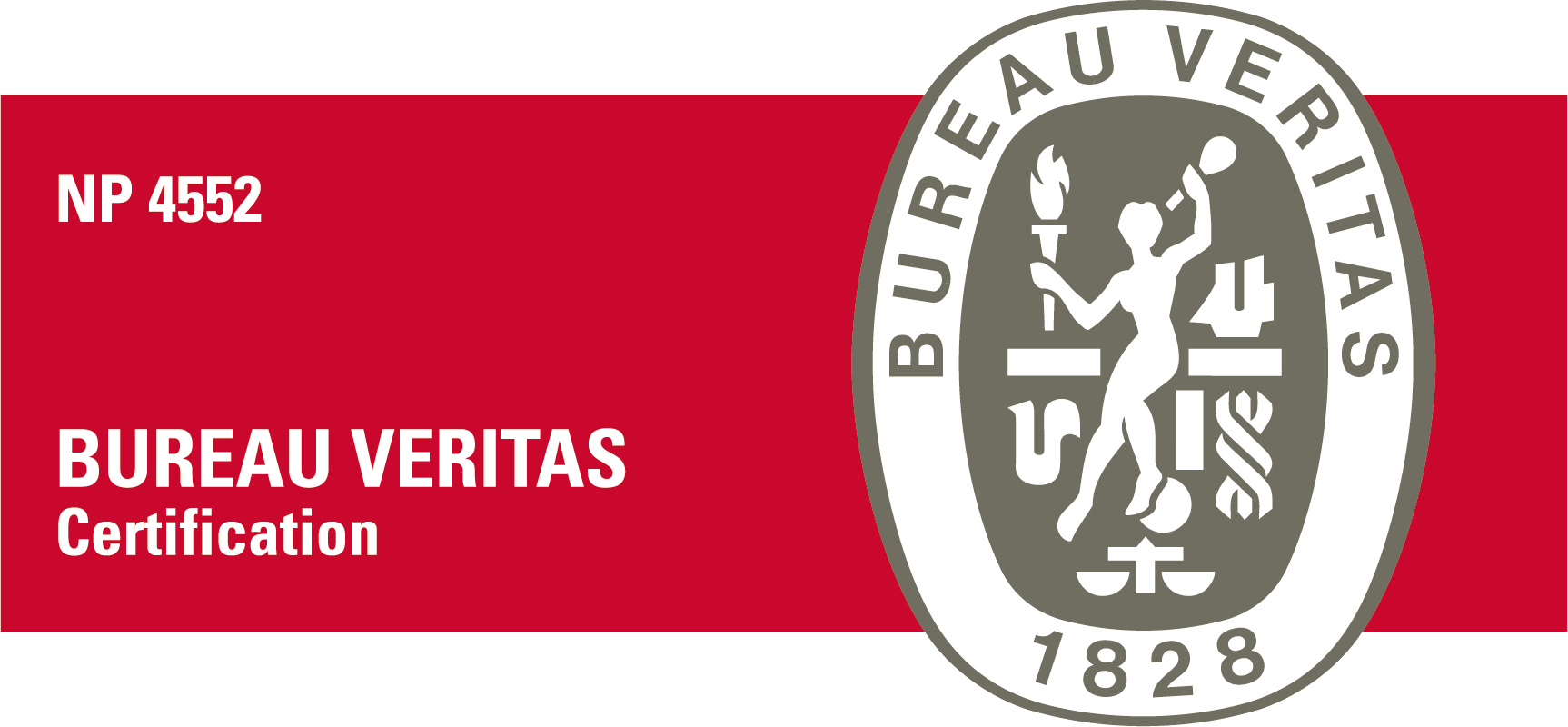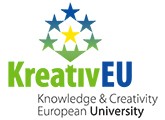


Provide a solid scientific, technological and social learning, supported by a programme and courses that includes contact with real situations and laboratories experiences. This cycle of studies is based on the development of a diverse set of skills and competencies that permits excellent career opportunities and pursue postgraduate studies.
ECTS: 120
The programme complies with the Bologna requirements and is organised around 120 ECTS credits distributed as follows: taught component (70 ECTS credits, of which 10 may be replaced by self-study activities), field or laboratory work (8 ECTS credits) and Internship and final Report (42 ECTS credits).
Holders of the master's degree in Archaeological Techniques are prepared among others to perform as:
· Middle managers in public bodies, museums, municipalities, etc.);
· Collaborators or responsible for archaeological monitoring/intervention activities;
· Members of multidisciplinary teams working in laboratories engaged in the analysis of archaeological artifacts or ecofacts.
| Cód. | UC | Area | ECTS | Lecturer | |
|---|---|---|---|---|---|
| Obr. | Opt. | ||||
| Anual | |||||
| 300884 | BA - Stand-alone Activities | 10 | |||
| 300888 | BA - Internship/Placement and Final Report | 8 | |||
| 300894 | BA - Internship/Placement and Final Report | 42 | |||
| 300891 | GA - Internship/Placement and Final Report | 42 | |||
| 300881 | GA - Stand-alone Activities | 10 | |||
| 300886 | GA- Field and Laboratory Activities | 8 | |||
| 300890 | Internship/Placement and Final Report | 42 | |||
| 300889 | MD - Field and Laboratory Activities | 8 | |||
| 300893 | MD - Internship/Placement and Final Report | 42 | |||
| 300883 | MD - Stand-alone Activities | 10 | |||
| 300885 | TAAR - Field and Laboratory Activities | 8 | |||
| 300880 | TAAR - Stand-alone Activities | 10 | |||
| 300887 | TSR - Field and Laboratory Activities | 8 | |||
| 300882 | TSR - Stand-alone Activities | 10 | |||
| 300892 | TSR- Internship/Placement and Final Report | 42 | |||
Publication in the Diário da República: Despacho n.º 7701/2016 09/06/2016
| Cód. | UC | Area | ECTS | Lecturer | |
|---|---|---|---|---|---|
| Obr. | Opt. | ||||
| Anual | |||||
| 3008161 | Dissertation [GPC] | Arqueologia | 48 | ||
| 3008159 | Internship with report [GPC] | Arqueologia | 48 | ||
| 3008160 | Project [GPC] | Arqueologia | 48 | ||
| 1º Semestre | |||||
| 3008148 | Social and Heritage Enhancement Techniques | Museologia | 6 | ||
| 3008152 | Archaeological Rock Art Techniques | Arqueologia | 3 | ||
| 3008151 | Archaeozoology Laboratory | Arqueologia | 6 | ||
| 3008150 | Geoarchaeology | Ciências da Terra | 3 | ||
| 3008153 | Seminar | Arqueologia | 6 | ||
| 3008149 | Underwater Archaeological Intervention Methodologies | Arqueologia | 6 | ||
| 2º Semestre | |||||
| 3008157 | Dissertation [AT] | Arqueologia | 30 | ||
| 3008155 | Internship and final report [AT] | Arqueologia | 30 | ||
| 3008156 | Project [AT] | Arqueologia | 30 | ||
(1) Docente Responsável
(2) Docente que lecciona

Pierluigi Rosina
Gabinete: G202

























